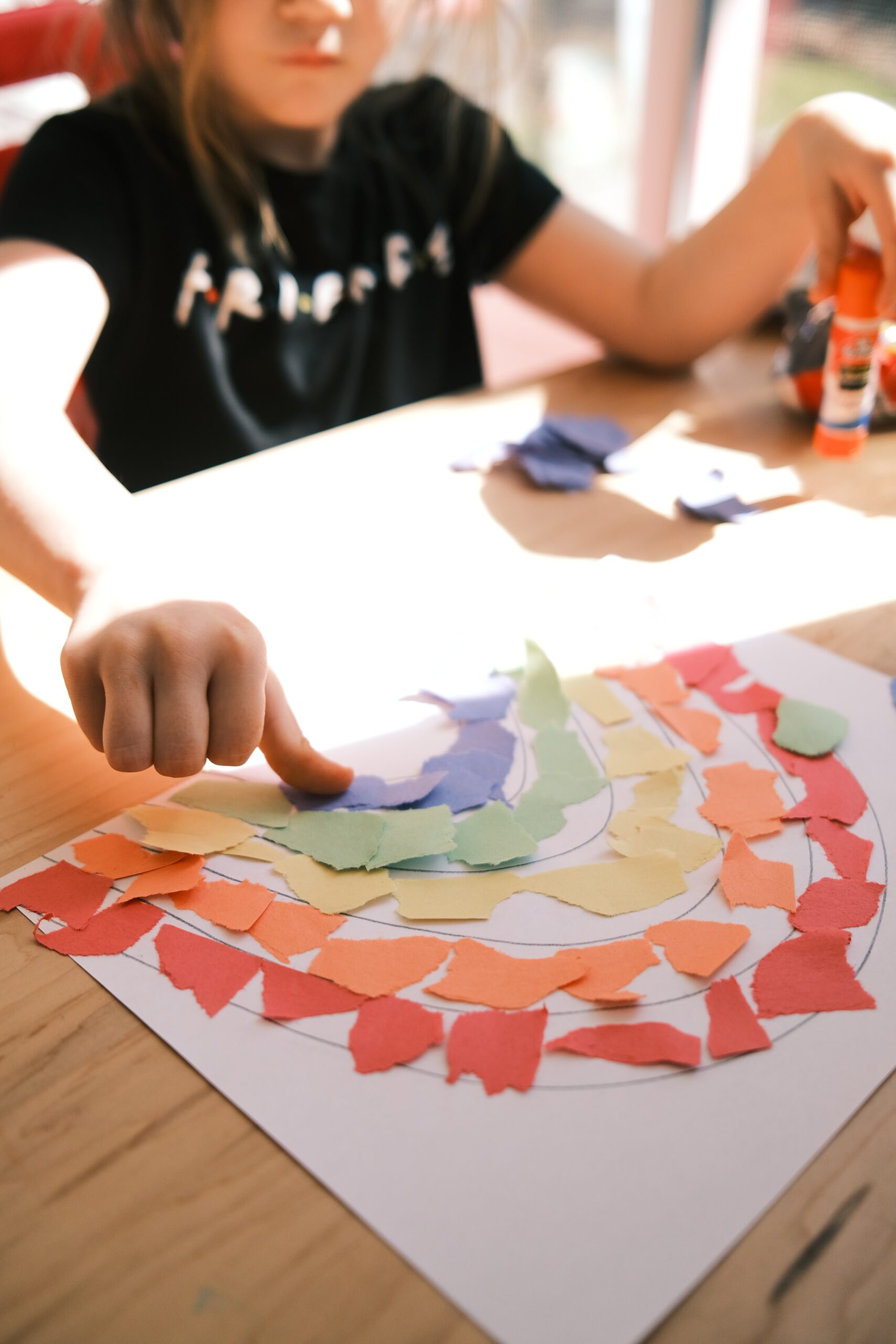Navigating the Back-to-School Transition
Supporting Children with Empathy and Practical Strategies
As the back-to-school season approaches, it’s important to recognize that some children may experience anxiety during this period of transition. As parents, educators, and caregivers, we play a crucial role in supporting our children through this process. By being empathetic, setting realistic expectations, establishing routines, and fostering open communication, we can help ease their anxieties and create a positive environment for their return to school.
In this article, we will explore practical strategies and valuable resources to support children during this pivotal back-to-school time, including some helpful prompts to spark discussion with your kids.
Acknowledge and Validate Feelings
Naturally, some children may feel anxious about returning to school. It’s essential to acknowledge and validate their emotions. Encourage open conversations by actively listening and empathizing with their concerns. Let them know that their feelings are valid and that you are there to support them.
Prompt to Practice: “How are you feeling about going back to school? Can you tell me more about what’s on your mind?”
Set Realistic Expectations
Help your child set realistic expectations for the new school year. Discuss their academic and social goals while emphasizing that progress takes time. Encourage them to focus on personal growth rather than comparing themselves to others. Reinforce that mistakes and setbacks are part of the learning process and offer opportunities for resilience and growth.
Prompt to Practice: “What are some things you’re looking forward to in the upcoming school year? Is there anything you’d like to achieve or improve upon?”
Establish Back-to-School Routines
Routines provide a sense of stability and security for children. Help your child establish a consistent daily routine that includes dedicated time for homework, extracurricular activities, relaxation, and sufficient sleep. Having a structured routine can reduce anxiety and create a smoother transition from home to school.
Prompt to Practice: “How do you imagine a typical day at school? What activities or tasks do you think would be important to include in your daily routine?”
Foster Open Communication
Maintain open lines of communication with your child’s teachers and school staff. Attend parent-teacher meetings, stay informed about school events, and be proactive in addressing any concerns or challenges that may arise. Encourage your child to share their experiences and feelings about school, and show genuine interest in their stories and accomplishments.
Prompt to Practice: “Tell me about your day at school. What was the best part? Is there anything you found challenging or exciting?”
Foster Peer Connections
Encourage your child to develop and maintain positive relationships with their peers. Arrange playdates, encourage participation in extracurricular activities, and support their involvement in school clubs or teams. Building a strong social support network can help reduce anxiety and foster a sense of belonging.
Prompts to Practice: “Who are some friends you’re excited to see at school? How do you think you can reconnect with them or make new friends?”
Teach Coping Strategies
Equip your child with practical coping strategies to manage stress and anxiety. Teach deep breathing exercises, mindfulness techniques, or encourage engaging in hobbies and activities that promote relaxation and self-expression. By providing them with these tools, they can develop resilience and effectively navigate challenges.
Prompts to Practice: “When you feel stressed or anxious, what are some things that help you feel better? Let’s explore different coping strategies together.”
Utilize Available Back-to-School Resources
Take advantage of available resources to support your child’s transition back to school. These resources may include books, online articles, or community workshops focused on anxiety management, social skills development, or academic support. Additionally, consult with school counselors or mental health professionals who can provide valuable guidance and support.
Prompts to Practice: “Are there any books or online resources you’d like to explore about going back to school? What areas do you think you’d like to learn more about?”
The return to school can be both exciting and challenging for children. By approaching the transition with empathy, setting realistic expectations, establishing routines, fostering open communication, and utilizing available resources, we can provide the support our children need to thrive academically, socially, and emotionally. Remember, every child is unique, and it’s important to tailor your approach to their specific needs.
Looking for further help with the back-to-school transition? Contact us today!








